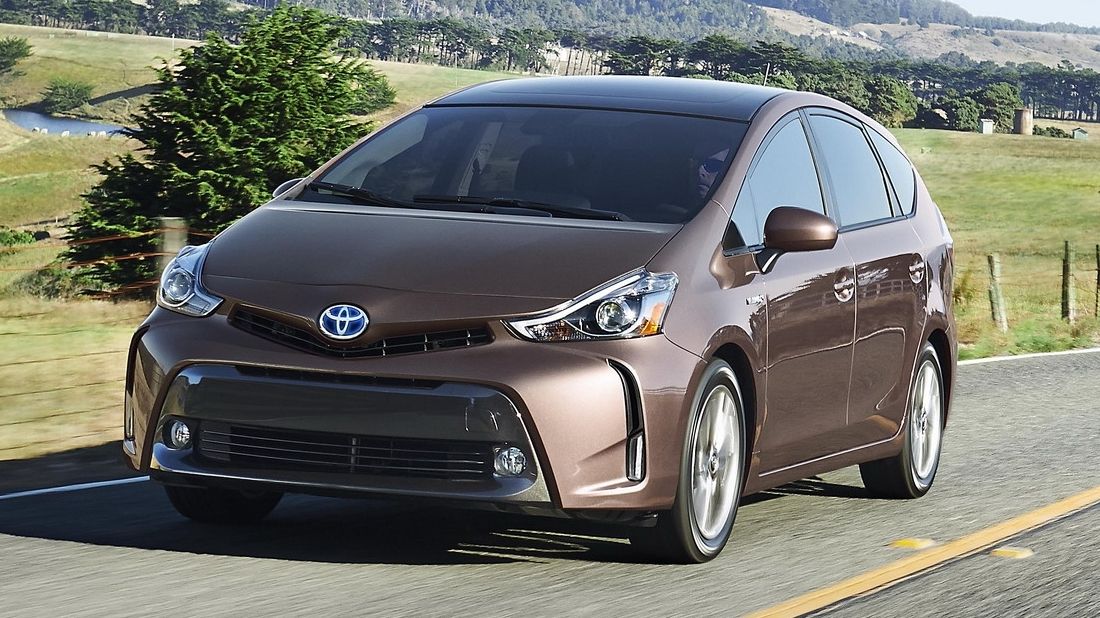Like Donald Trump running for President again and yet another Jurassic Park sequel, you can put this one in the ‘things that were probably inevitable’ file: A new Toyota Prius->ke231 crossover->ke288 SUV->ke145 is reportedly in development and will hit the market within the next few years.
Auto Guide reports the new hybrid->ke147 SUV is a product of the new partnership between Toyota->ke88 and Mazda,->ke53 who entered an agreement to share powertrain and platform technology earlier this year. The new SUV is likely to be a production version of the 2016 Toyota C-HR concept shown at the 2014 Paris Motor show->ke227 and will be the fifth model in the Prius family, which already includes the 2014 Toyota Prius, 2015 Toyota Prius c, 2014 Toyota Prius Plug-in Hybrid and 2015 Toyota Prius v.
The new variant is likely to be powered by the same drivetrain as the normal Prius, which consists of a 98-horsepower 1.8-liter engine and 36-horsepower electric motor. The combined 134 horsepower is channeled to the front wheels through a continuously variable transmission. Though, Toyota also might also be interested in using Mazda’s 1.5-liter SkyActiv diesel engine, which would make for quite a torque-happy hybrid.
A source close to the project told Australian site Motoring that the potential diesel-powered Prius SUV will have a range of well over 500 miles per tank and provide a superior driving experience to a gasoline-powered Prius. Both engine options could be on the table to appeal to both European and American buyer sensibilities.
Continue reading for the full story.
Why it matters
A Prius SUV is one of those things that are so obvious; we’re sort of surprised it doesn’t already exist. The Prius v offered a slightly larger, more-utilitarian Prius, but buyers balked at its wagon-like proportions. A Prius SUV, on the other hand, could offer the same amount of space and practicality without the wagon stigma that so many American buyers tend to avoid.
In one of the many tech trade-offs between the two companies, Mazda, in return will use Toyota plug-in hybrid->ke4486 and fuel-cell->ke4483 technology for a range of fuel-efficient, next-generation cars that will bolster its full-electric offerings. This strategy should help Mazda to meet California’s new Zero Emission Vehicle regulations, which go into effect in 2018.
2015 Toyota Prius v
Read our full review here.

